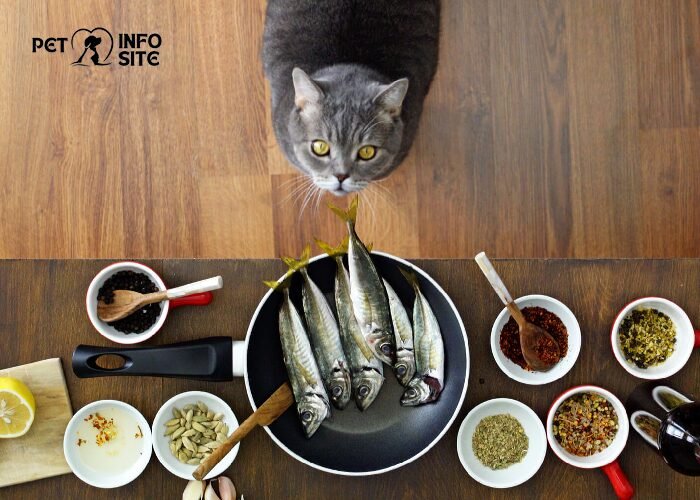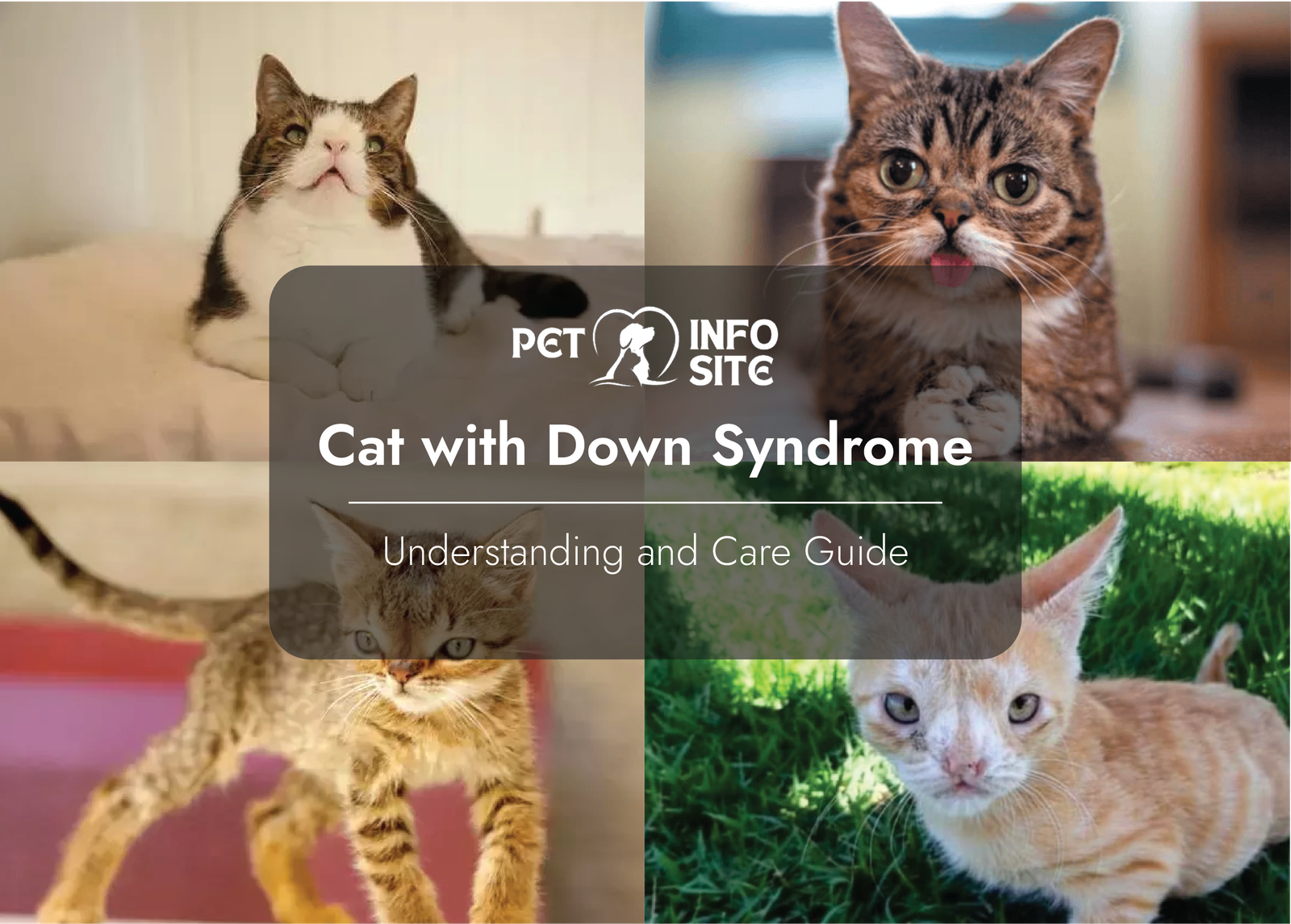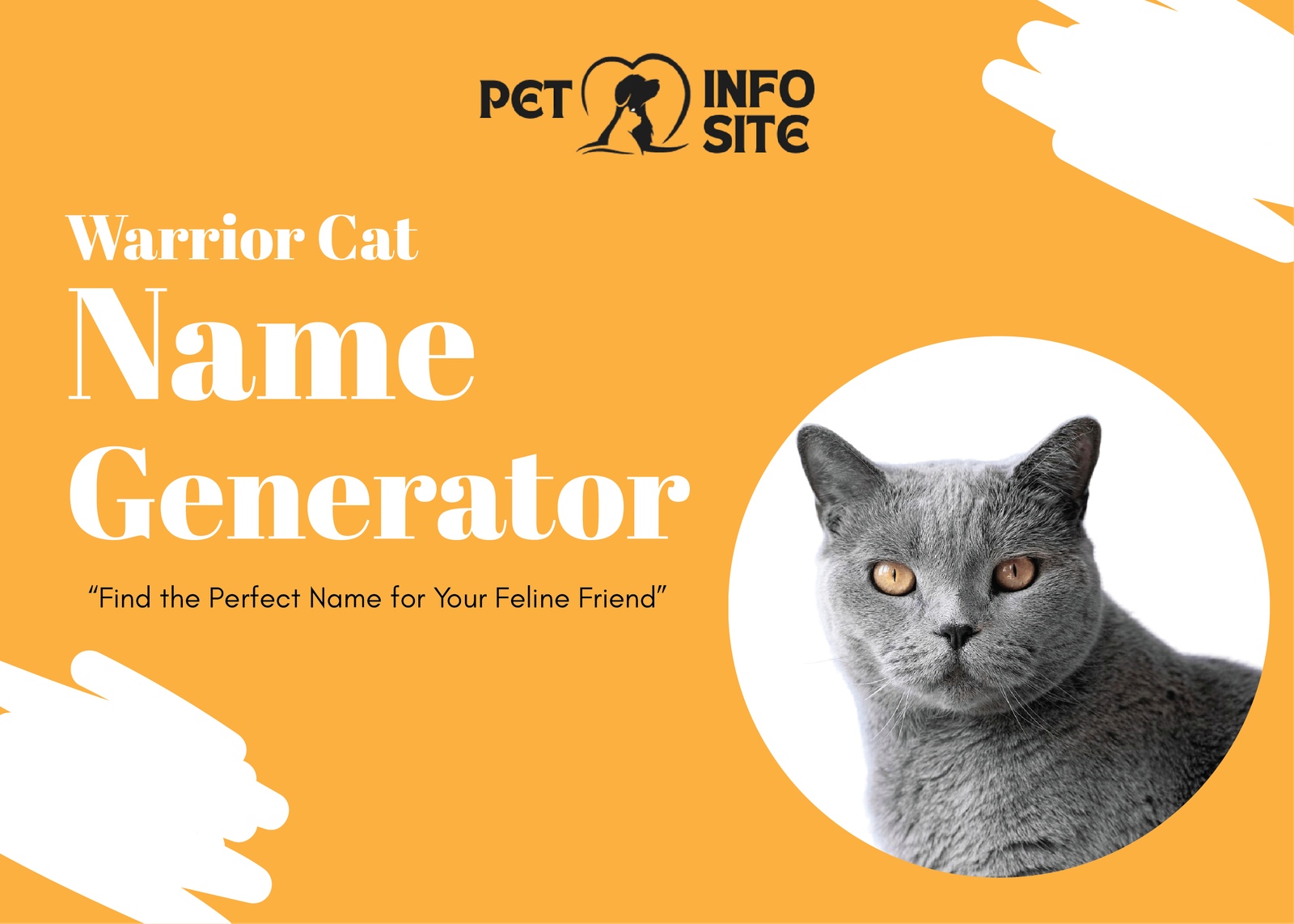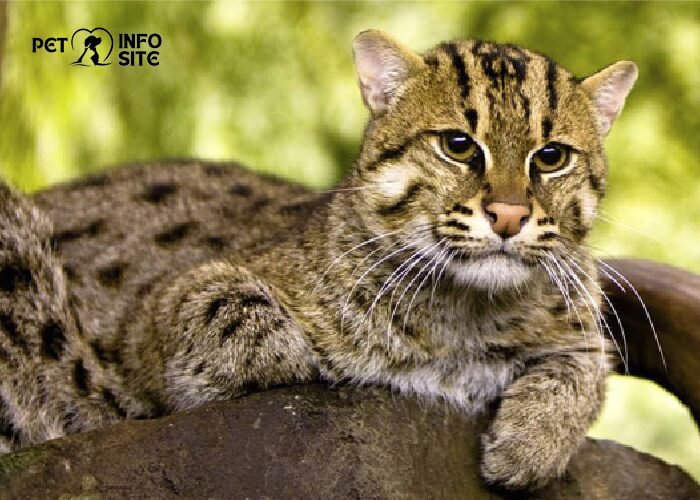Homemade Cat Food: Introduction
Would it be a suitable time for you to cook homemade cat food so that your cat companion would be able to consume it? Thus, cat owners are more inclined to diets because they want their animals to be fed on the best diet possible. In this post, you will find why it is beneficial to feed your cat homemade food; as well, as samples of recipes to follow and some tips on how to switch your cat to homemade food.
Why Consider Homemade Cat Food?
Health Benefits
This is an added advantage of preparing your cat food at home because then you can be sure that your cat is taking real fresh food and not tainted with preservatives and additives. Consequently, there might be improved health, digestion, and gorgeous looking shiny coat. One may decide to home cook for the cat and even regulate what is taken by the cat without it perhaps finding itself with some items that are usually added to foods that are commercially available for cats.
Cost-Effectiveness
Unless you perceive that preparing homemade cat food is expensive, it can be cheaper in the long run than the other commercial ones available. Purchasing food portions and raw food is always cheaper compared to manufactured commercial cat foods that are also of quality.
Control Over Ingredients
Some of the key benefits of feeding your cat homemade meals include the following: This instructs that most commercial diets contain preservatives, artificial colors and flavors. You can also feed the cat food that one expects it may have a food allergy to or a certain type of food that is recommended for it.
Nutritional Requirements for Cats
Essential Nutrients
Cats are generally meat eaters; therefore, they require foods with moderated proportions of proteins, fats, carbohydrates, vitamins and minerals. Protein is needed for growth because cats are obligate carnivores, and this is just an official name for animals that need animal proteins in their diets.
Understanding Feline Nutrition
This is why there is a need to know what to feed a cat, or in other words, a sort of knowledge of cat nutrition. Among these nutrients, it has been identified that the nutrients only available in animal-based foods include taurine, arachidonic acid, and Vitamin A. The nutrients that a homemade diet requires to include;
Common Nutritional Deficiencies
Feeding cats home cooked meals can be slightly challenging since certain nutrients may be missing from what you prepare. Among the deficiencies that are usually detected, are taurine, calcium, and several vitamins. It is also recommended to seek help from a vet or a pet nutrition specialist to feed your pet properly.
Ingredients for Homemade Cat Food
Proteins
Try lean meats, such as chicken, turkey, beef and fish, they are also sources of protein and lower in calories. These should form the major part of the diet of your cat The food that your cat should mostly be fed on should be from the following categories of foods.
Carbohydrates
Cats do not need carbohydrates thus, occasionally cat food should include small proportions of rice, oats or sweet potatoes.
Fats
The diet must contain fats, as they supply energy for the cat’s activities and improve the coat. The fats come from fish oil and chicken fat and minimal olive oil only this is to control cholesterol levels.
Vitamins and Minerals
This is especially important to increase the nutritional value of the food: therefore use carrots, peas and spinach to make sure that vitamins and minerals are incorporated in the diet. You may also need to add foods to their diet to ensure that the cat is well fed as the bodies of human beings require.
Foods to Avoid
Toxic Foods for Cats
Some sorts of foods should never be given to cats because they are poisonous to the animal. The ones that are understood to bring interactions include onions, garlic, chocolates, alcohol and caffeine.
Common Allergens
The categories of foods that should be avoided include those foods that trigger allergy such as foods from milk, wheat, and soya. However, in case your cat has some issues with the digestion of some types of foods, these products should be excluded.
Recipes for Homemade Cat Food
Simple Chicken and Rice Recipe
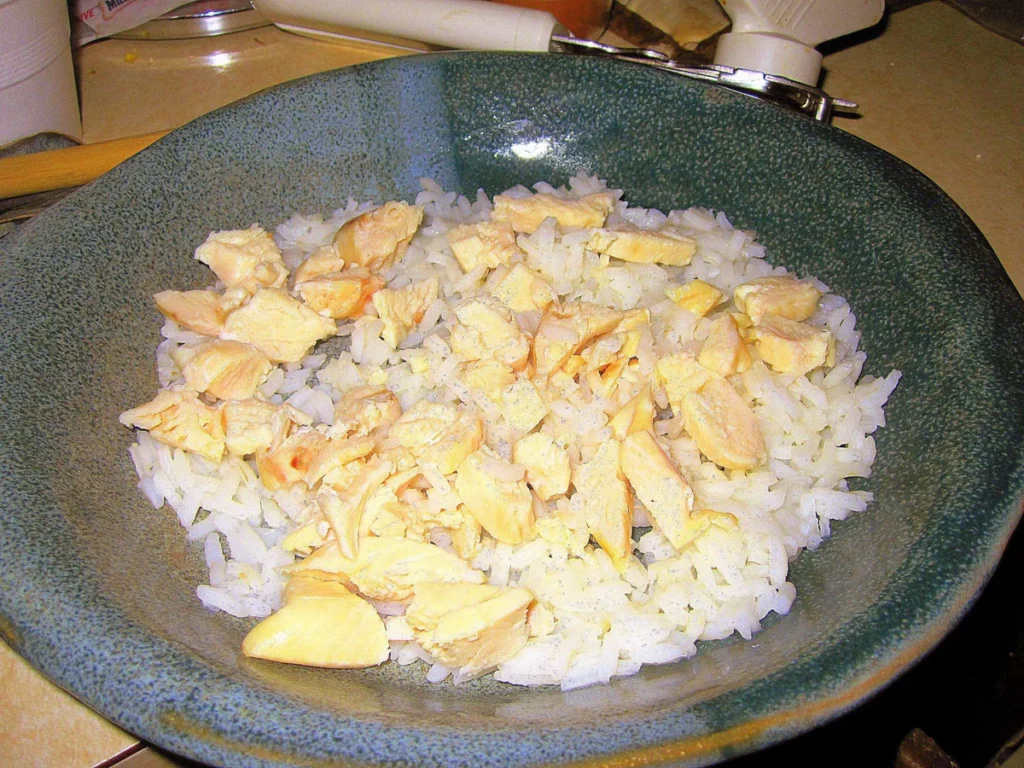
Ingredients:
- A cup of a well-cooked chicken breast sliced or shredded.
- Half a cup of cooked white rice
- ¼ cup of cooked and chopped carrots
- 1 tablespoon non-sodium chicken broth
Instructions:
- All these ingredients are to be placed into a bowl and the ingredients hand blended until thoroughly combined.
- Served hot while the residue should be stocked in a refrigerator.
Fish and Sweet Potato Delight
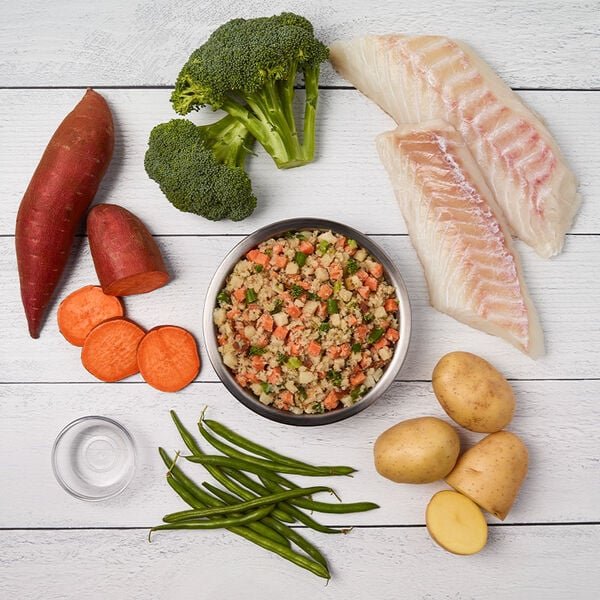
Ingredients:
- 100 grams of the cooked fish, either salmon or tuna.
- 15 grams of cooked sweet potato mash and 120 ml of the soup for each participant
- One teaspoon of fish oil
Instructions:
- When drawing the batter up into a bottle for the spraying process, add the following: 6 quarts of the above mixture should be combined in a sufficient quantity of water.
- Eat fresh and alone or you can cool and store it in the refrigerator.
Beef and Vegetable Mix
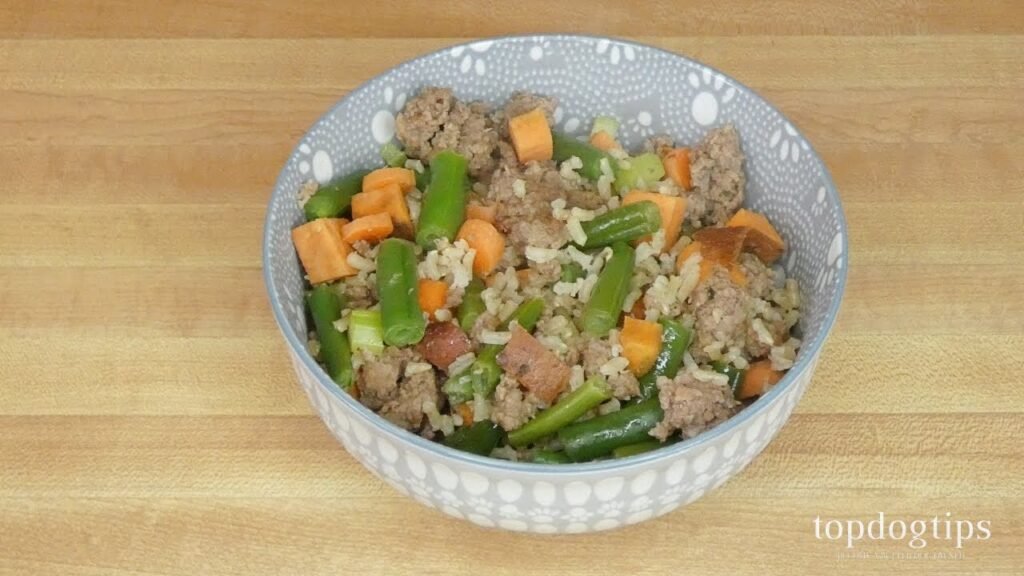
Ingredients:
- A pound of ground beef has to be cooked and then drained and should ideally measure one cup.
- 1/2 cup of mixed vegetables; carrots, peas—cooked and chopped
- A serving of quinoa cooked is 1/4 of a cup
Instructions:
- Mix all ingredients.
- Best served in sufficient proportions and the remaining products should be stored in the refrigerator.
Turkey and Quinoa Feast
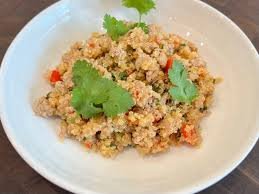
Ingredients:
- About 150 ml of cooked turkey that has been shredded
- Quinoa cooked – drizzled on what is considered half a cup.
- Lightly steamed spinach and 1/4 cup of chopped it
Instructions:
- To prepare the mixture put all the quantities together in a single bowl.
- It is best served warm, though any leftovers made should be kept in the fridge.
Cooking Tips and Techniques
Proper Cooking Methods
It is always essential to always cook your meats to a certain temperature to ensure that all the bacteria are killed. It is also important that cooking spices or seasonings toxic to cats should not be added to the recipe.
Portion Sizes
Feed your cat in small and proportional portions, especially concerning the small sizes and type of diet that a cat requires. Overfeeding in animals is dangerous and has consequences such as obesity and other ailments.
Storage Tips
If they are homemade cat foods store them in airtight containers as well and put them in the refrigerator. Use within 3-4 days and if the product has to be preserved for some more days then it is preferred to be stored in the refrigerator only.
Supplementing Homemade Diets
Importance of Supplements
Sometimes you cannot get all the needed nutrients from the foods and that is why you need supplements. Among them can be named taurine-containing preparations, calcium preparations, and multivitamin preparations adapted to cats.
Common Supplements for Cats
No recommended feed or supplement should be given to cats without consulting your veterinarian thus when you need to feed your cat with any supplement you should consult your vet. It is about fish oils that the readers are likely to be familiar with, followed by vitamin B complex and probiotics.
Transitioning Your Cat to Homemade Food
Gradual Introduction
Gradually replace a small portion of the homemade food with the packaged food in the cat’s bowl for one or two weeks before gradually increasing the portion of homemade food given to the cat.
Monitoring Your Cat’s Health
Ensure that the difference in weights, activity levels, and skin condition of your cat is within the expected values. If you notice any form of redness or any form of change in the behavioral pattern of the pet, then it is time to consult the vet.
Common Mistakes to Avoid
Imbalanced Diets
Ensure the diet includes all categories of food that the body needs to get all the nutrients it needs. Consistency when feeding your pet should not be interpreted to mean that it should be fed on a given type of food only at any given time.
Overfeeding and Underfeeding
Meticulously, try to portion these foods to avoid either overfeeding or under-feeding your cat. A medical condition related to overweight and obesity is as dangerous as a medical condition of famine.
Benefits of a Homemade Diet
Improved Health
Few of the respondents are the users of the product and according to them, their cat shows improvement in digestion and energy level.
Better Digestion
These meals are easy on the cat’s delicate stomach and the cat will not have frequent digestion problems or hard Stool.
Shiny Coat and Healthy Skin
Skin and hair are areas that are most related to diet. hence taking foods that can generously supply the energy needs will mean improvement of skin and shinny coat.
Potential Challenges
Time and Effort
Feeding cats at home is very exhausting because one is required to prepare homemade cat food. Of course, it does not mean that you should eat it daily; it is more about its planning and occasional cooking.
Cost of Ingredients
Despite the opportunity to bring the costs down in the long term, acquiring top-notch ingredients and supplements for cats is sometimes more costly than acquiring commercial kitty food.
Expert Opinions
Veterinarian Advice
However, before a cat owner can decide to feed the cat commercially produced food, he or she should first see the veterinarian. It also can provide suggestions on proper methods of cooking foods to cater to the body’s needs, especially in the provision of some of the body nutrients that are provided by foods and in taking supplements.
Pet Nutritionist Recommendations
Consult the pet nutritionist for an appointment to help come up with individual rations for the cat’s meal with all the nutrients needed.
Success Stories
Real-Life Examples
There are many reports from cat lovers who have been able to feed their cats homemade meals with more Yahooing to the improvement of their cats’ health.
Testimonials from Cat Owners
Explain situations to other people especially if they also have cats and they face similar problems or if they had the same previous experiences. Sharing with other cat owners, and particularly, those who feed their cats freshly cooked meals can be respective in the online forums and social media pages.
Embrace the Benefits of Homemade Cat Food
When you feed cats homemade food, what you will discover is that the health of the cat improves as does the digestion, and the cat’s coat will be shiny. It may take a lot of effort and some time to make it happen and it may not be very bypass but the results or priceless. Before you start always consult with the vet, The recipes given here are simple, Enjoy the process of making healthy homemade food for your cat. Learn all about pets’ health and nutrition at the Pet Info Site! This is the place where you can find all the necessary information you need!
FAQs
Cooking cat meals at home may be an advantage since it is possible to use quality fresh ingredients and no preservatives. However, it must be well-balanced and meet all nutritional requirements of the body, it has to contain all the essential nutrients with the right proportions.
It is essential to consult a vet or a pet nutrition specialist for the best diet plan for your pet animal. If needed, you should add supplements to the diet to ensure your cat receives all the required nutrients.
Raw food diets are debatable and may have some effects on health because of bacterial presence. Always discuss feeding your cat raw foods with your vet first.
Cats are sensitive creatures and feeding them homemade food depends on their age, weight, and activity level. It is advisable to take two to three small balanced meals at a go and avoid the large ones.
Introduce homemade food gradually and also try out different recipes in order to see the reception by people. If this is still a problem after a few days, contact your veterinarian for help and advice.

